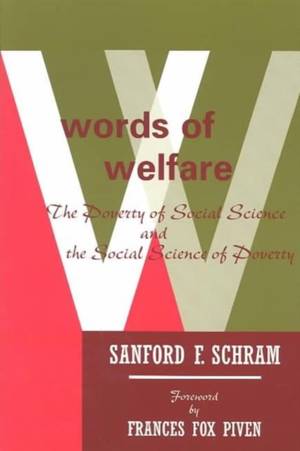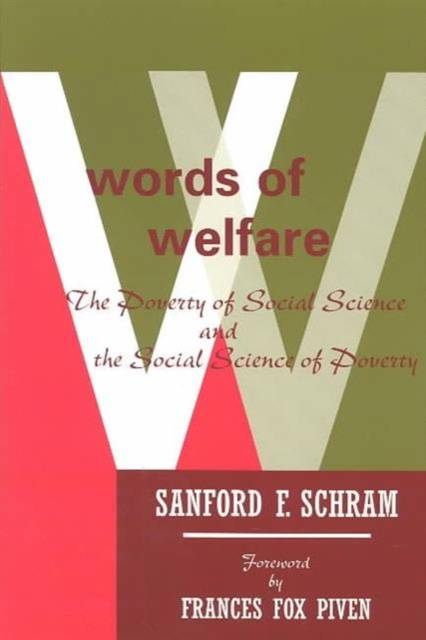
- Retrait gratuit dans votre magasin Club
- 7.000.000 titres dans notre catalogue
- Payer en toute sécurité
- Toujours un magasin près de chez vous
- Retrait gratuit dans votre magasin Club
- 7.000.000 titres dans notre catalogue
- Payer en toute sécurité
- Toujours un magasin près de chez vous
29,45 €
+ 58 points
Description
Offers an important and enlightening critique of how welfare policy is analyzed and set in the U.S., illustrating that how we study issues affects what ultimately gets done about them. Issues examined include the drawing of the poverty line, the setting of benefit levels, the feminization of poverty, homelessness, the underclass, welfare dependency, recent attempts to reform welfare, and the implications for welfare in the emerging global, postindustrial economy. Schram demonstrates how research on these issues can be done differently and more effectively.
Spécifications
Parties prenantes
- Auteur(s) :
- Editeur:
Contenu
- Nombre de pages :
- 280
- Langue:
- Anglais
- Collection :
Caractéristiques
- EAN:
- 9780816625789
- Date de parution :
- 03-08-95
- Format:
- Livre broché
- Format numérique:
- Trade paperback (VS)
- Dimensions :
- 152 mm x 230 mm
- Poids :
- 349 g







